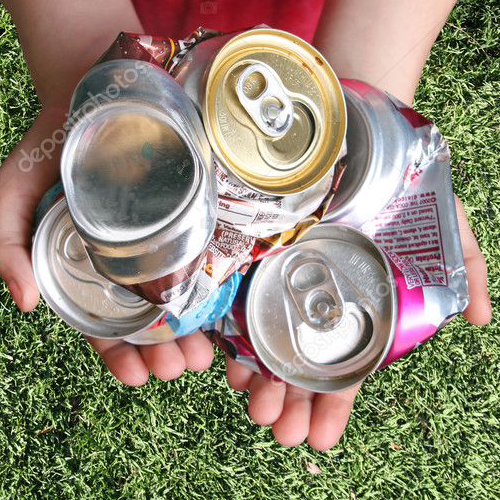The recycling law in New Jersey
Decision-makers should understand that source separation and recycling have been required by law for over thirty years by the Solid Waste Management Act and the Statewide Mandatory Source Separation and Recycling Act, codified in the New Jersey Statutes Annotated at NJSA 13:1E, especially 13:1E-99. 13:1E-99.11 states the goal of source separating, and clarifies that everyone in the State of New Jersey is included:
“The Legislature therefore declares that it is in the public interest to mandate the source separation of marketable waste materials on a Statewide basis so that reusable materials may be returned to the economic mainstream in the form of raw materials or products, rather than be disposed of at the State’s overburdened landfills, and further declares that the recycling of marketable materials by every municipality in this State, and the development of public and private sector recycling activities on an orderly and incremental basis, will further demonstrate the State’s long-term commitment to an effective and coherent solid waste management strategy.”
All schools, (public, private, and independent) are required to separate and recycle the materials that their counties have designated for businesses and/or institutions. Although each county has devised a unique plan, all have designated cardboard, other paper, bottles, and cans as mandatory recyclables. Click here for the table of designated mandatory recyclables in all 21 NJ counties.
The New Jersey Department of Environmental Protection has promulgated regulations at NJAC 7:26A-10 and 11 to clarify the requirements for both generators (people who use materials that then must be recycled) and municipalities. Click here to see the regulations.
Each municipality is required to appoint a recycling coordinator to educate the public, report recycling tonnage, and assure that every generator (e.g., a school district or a school) can obtain recycling services. Each municipality also must appoint staff to enforce the municipal recycling ordinances. While many municipalities don’t rigorously enforce against their own schools, this does not exempt schools from having to recycle. Schools may be inspected by county agents as well, and issued warnings and penalties if they fail to source separate designated recyclables.

